WTO is seen largely as a symbol of North-South conflict, due to divergent perceptions of the developed and developing countries on the Multilateral Trading System. This North-South divide is reflected in their Ministerial Negotiations where the rich countries try to impinge their ultimate authority over the global economy leaving thus limited options to the poor countries to defend their economic space, notwithstanding the fact that the developing countries account for nearly 80 percent of WTO membership. There is now a growing concern among the South Asian Countries, including the four least-developed countries on the restrictions imposed by the developed countries in the form of ‘new clauses’ in the WTO Framework. The initiation of liberalization in these countries in the early 1990s did not improve the trade prospects significantly. South Asian countries in general and India in particular is now taking keen interest in cooperating with the fellow developing countries and championing their cause at the international for a. This volume attempts to examine the different facets of implication of WTO on South Asia, viz., trade cooperation for development and poverty alleviation; agriculture; Singapore issues; health and intellectual property rights; and China’s accession into WTO and other related issues. It emphasizes the stand of South Asian countries to safeguard their trade prospects by protecting from the restrictions, imposed by the developed countries in several clauses under different agreements of WTO. It is hoped that his volume will become an important that this volume will become an important addition to the existing literature on WTO, as it covers the adverse affect of WTO on South Asia which has so far not been analyzed exhaustively.
WTO and Implications for South Asia
$45.00
$50.00
In stock
Free & Quick Delivery Worldwide
All orders amounting to US$ 50 or more qualify for Free Delivery Worldwide. For orders less than US$ 50, we offer Standard Delivery at $14 per book.
ABOUT THE AUTHOR K.C. Reddy
Kalluri Chenchi Reddy (1946) is currently the Director of Centre for SAARC Studies, Andhra University and teaches economics there. His publications include India’s Engineering Exports (1982), financing of Small Scale Industries (editor, 1985), Impact of Bailadilla Iron Ore Project (co-author, 1991), The New International Economic Order (co-editor, 1991), Export Financing in India (co-author, 1991), Perspectives on Indian Development – Economy, Polity and Society (co-editor, 2000) and economic and Public Policy (editor, 2001). Dr. Reddy was a Consultant at Research and Information Systems for Non-aligned and Other Developing Countries, New Delhi during 1986-87 and was a visiting Professor at Armstrong Atlantic State University, Savannah, Georgia, USA during 1992.
ABOUT THE AUTHOR T. Nirmala Devi
T. Nirmala Devi, Professor in the Centre for SAARC Studies, Andhra University, Visakhapatnam. She has been working on South Asian studies for over two decades. She was a Baden-Wurttemberg University, Germany. Her other areas of interest are international economics, women's studies and demographic studies. Besides co-editing one book, she has published three books, authored six monographs and nearly sixty research papers on South Asia.
reviews
0 in total
Review by Anonymous
Be the first to review “WTO and Implications for South Asia” Cancel reply
You must be logged in to post a review.
Bibliographic information
Title
WTO and Implications for South Asia
Author
Edition
1st ed.
Publisher
ISBN
8183870481
Length
x+348p., Tables; References; Appendix; Index; 23cm.
Subjects
more by K.C. Reddy see more
more by T. Nirmala Devi see more
South Asia and Global Financial Crisis: Issues and Challenges
Global financial crisis, the ...
$56.70
$63.00

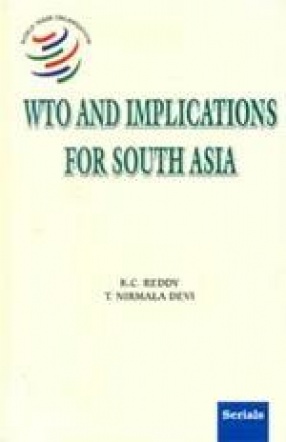
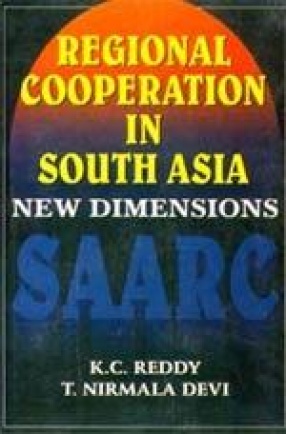
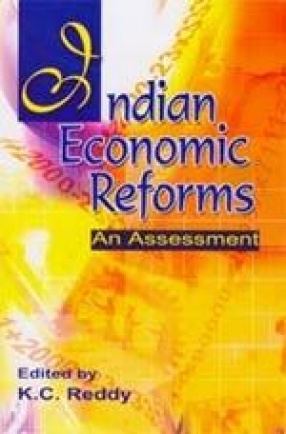
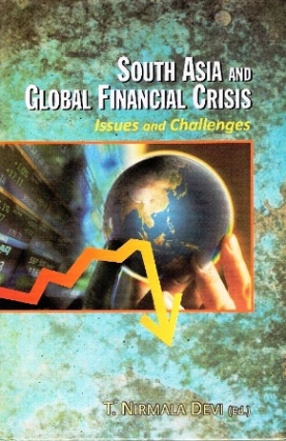
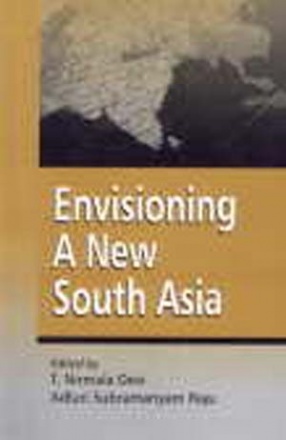
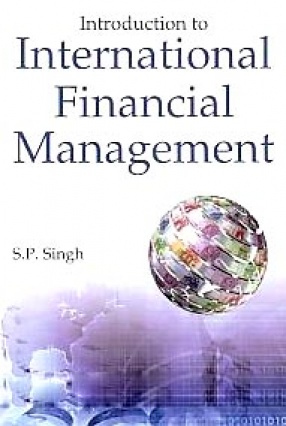
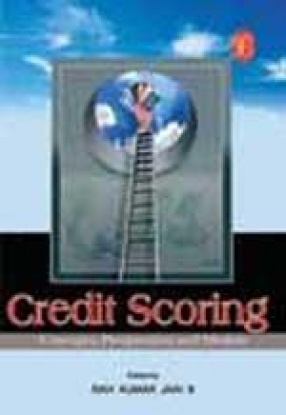
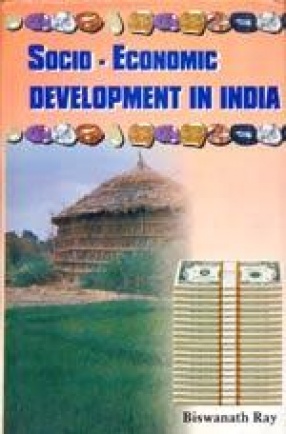
There are no reviews yet.